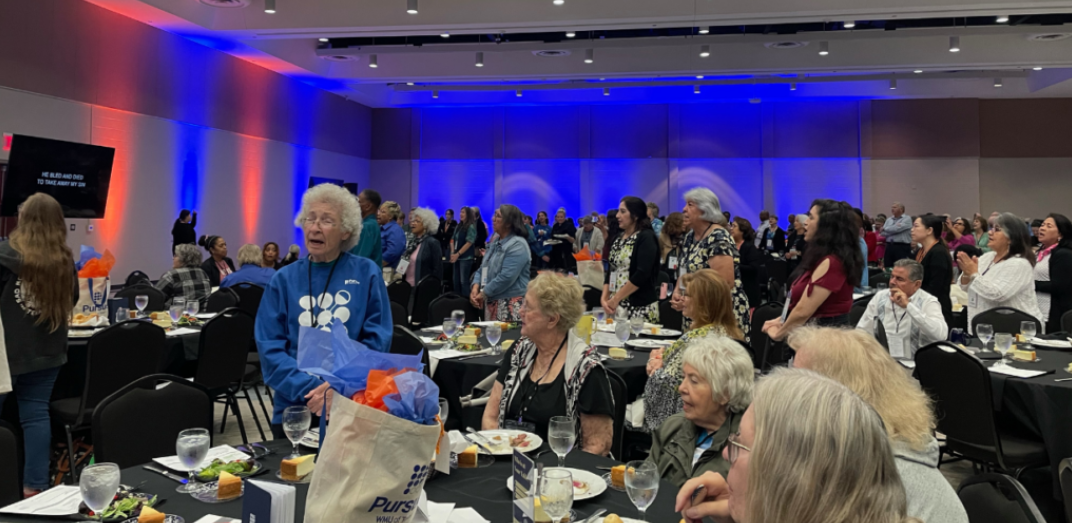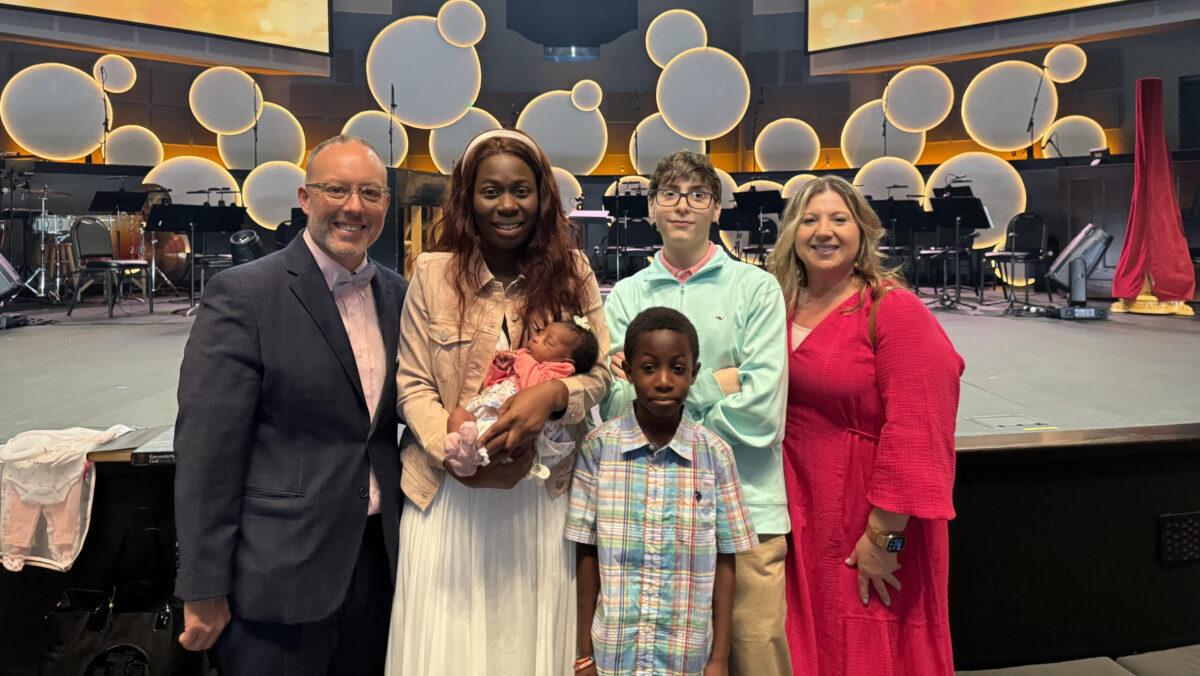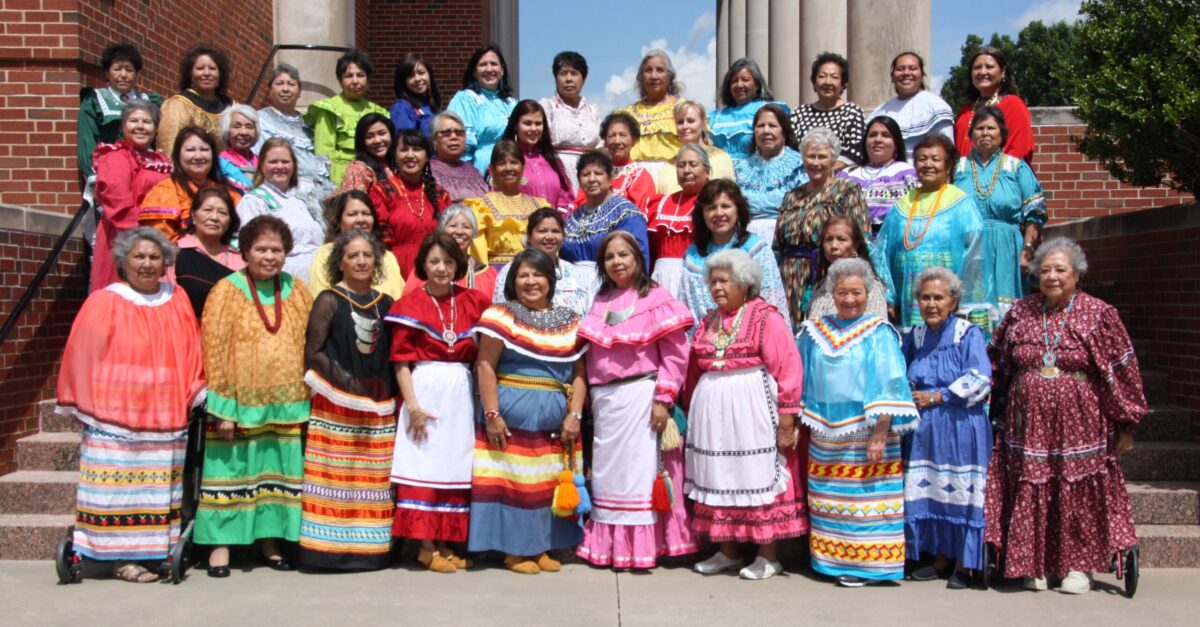SEEK GOD
Amos 5:4–15
This chapter is divided into two main parts: a symmetrical first part (vv. 1–17) and a thundering indictment of Israel’s false worship and the impact of its covenant breaking in the second part (vv. 18–25).
The poetic sermon in the first part flows through Amos’ lament: inviting Israel into proper worship of the true and living God, exposing Israel’s problem of false worship and breaking covenant with God and neighbor, appealing to Israel to reconcile with the true and living God and encouraging nationwide lament.
Part two describes the fearful day of the Lord. Behind the dire warnings, we should recall the covenant curses and blessings of Deuteronomy 28–30; yet woven throughout this sermon, we also find a gracious refrain inviting Israel back into life with God.
The choice (4–9)
The sermon opens by portraying Israel as a young woman, forsaken and abandoned (Deut. 28:29–34). Israel’s land has been ravaged, and its fighting force has been literally decimated.
God urges Israel to choose proper worship. Seeking God in idol shrines will only unleash His burning anger against idolatrous worship and corrupt living.
Especially egregious is the systemic injustice prevalent in Israel, violating covenant laws. The rich and powerful have perverted justice and righteousness.
The One concerned about injustice among His people is also the all-powerful Creator of the heavens, the earth and sea, with power to reverse natural processes (turning day to night, dark to light).
He also commands the waters and causes them to recede from dry land (as in Gen. 1) or to pour out on the earth through flooding rain.
Amos focuses on God’s power over the sky and heavenly phenomena as an indictment of Israel’s worship of sky gods (e.g., Baal, who sends rain; Sakkuth and Kaiwan, who may represent Saturn, v. 26).
The reality (10–13)
God turns to the core of His charge against the Israelites: They pervert legal and economic justice, shut down those condemning corruption, tax the already burdened poor, accept bribes in court and silence all opposition to their self-serving, nefarious schemes.
Neither is this situation “justice for all” as God had intended through covenant laws (Deut. 16: 18–20), nor is it characteristic of true worshippers.
Israel’s supreme God, Yahweh, takes social injustice personally. As punishment, the corrupt rich will not enjoy their ill-gotten properties (a covenant curse in Deut. 28:30).
The solution (14–15)
Once more God urges Israel to pursue good and hate evil so God will again be its defender. The choice, and the solution, is before the Israelites, as it has been since they entered the promised land (Deut. 30:15–20).
Genuine covenant worship requires love from the heart for God and neighbors, prioritizing the living God above all and prioritizing our neighbors’ flourishing above our gain. Although offended by Israel’s sin (and our sin), God graciously extends His invitation to repent and enter into a life of spiritual vitality with the One who is life itself.
By Stefana Dan Laing
Associate professor at Beeson Divinity School in Birmingham, Alabama








